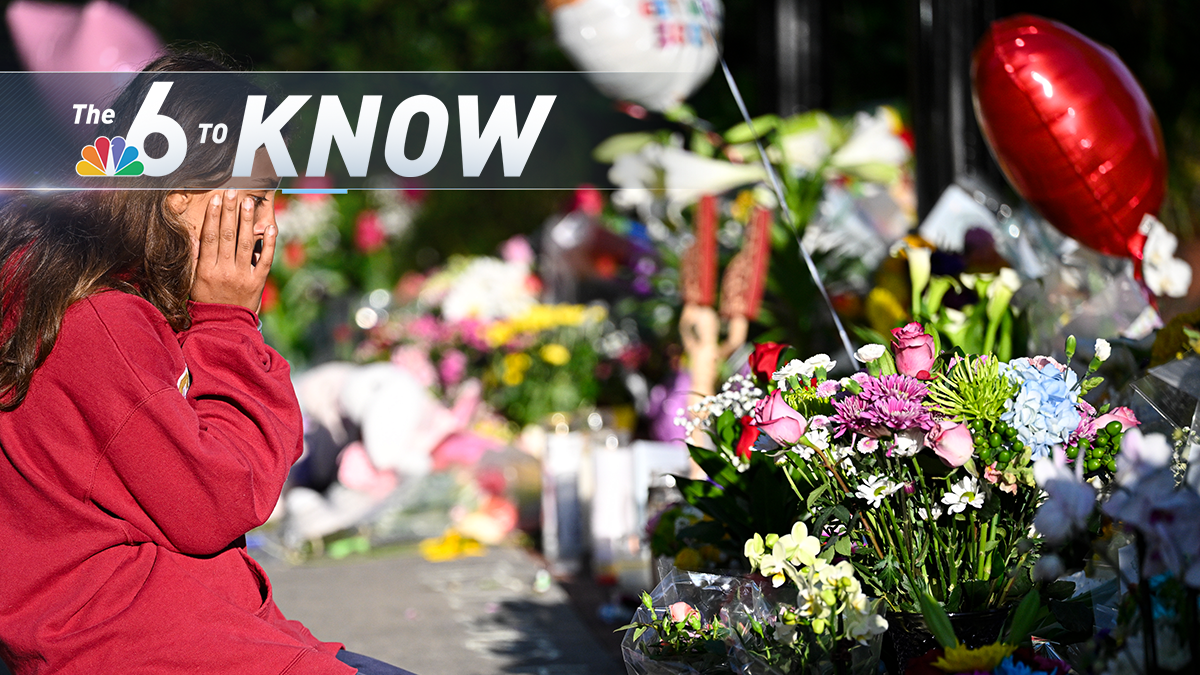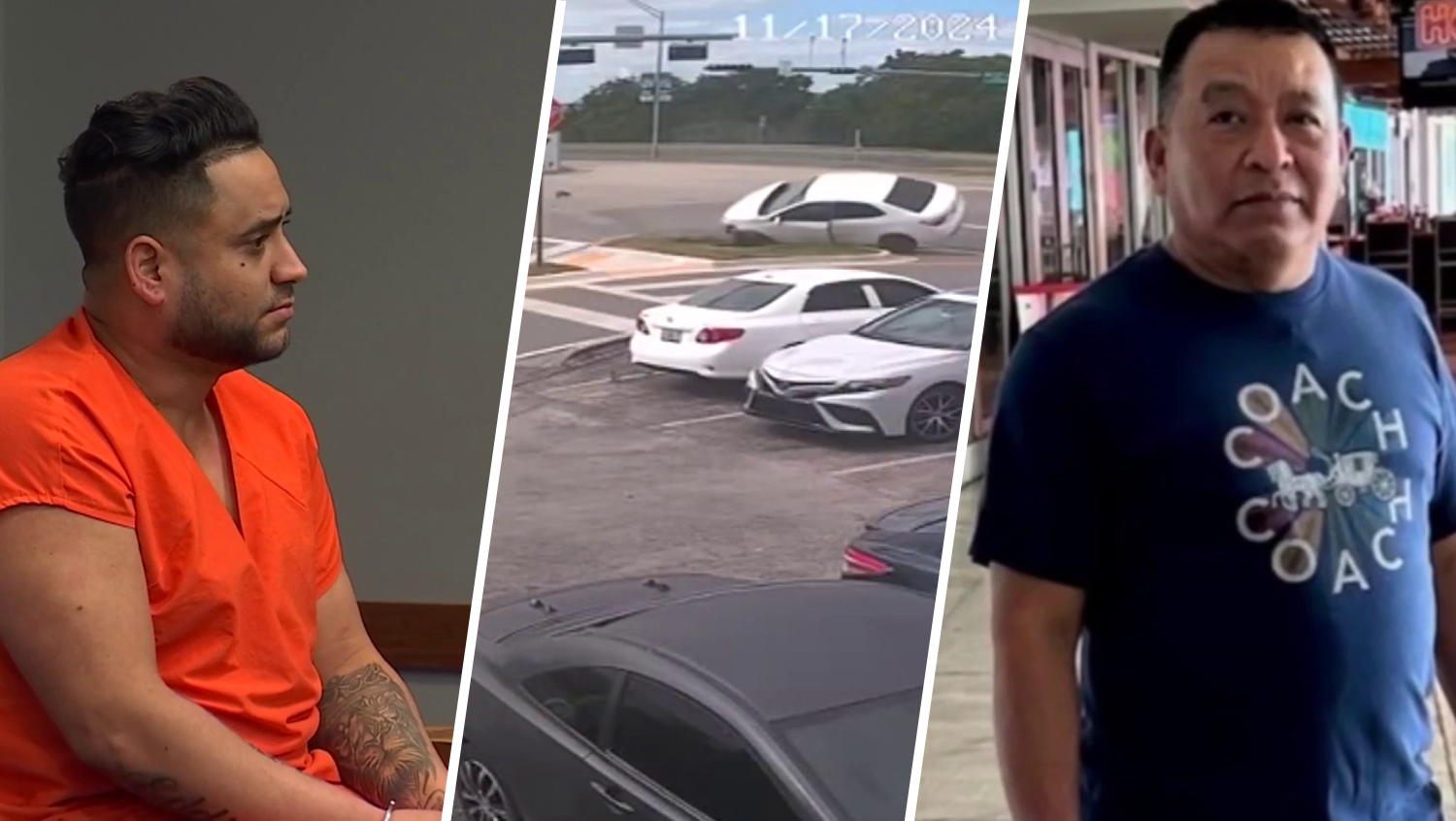Officers want to determine the mental state of Esteban Santiago, alleged with the deadly shooting in January.
The mental condition of an Alaska man suspected of killing five people and wounding six in a Florida airport mass shooting has stabilized as he continues to take anti-psychotic medication in jail, a defense attorney said Friday.
Esteban Santiago is taking drugs to combat schizophrenia and schizoaffective disorder and is competent to assist in his defense, his attorney, Hector Dopico, said at a hearing Friday. In the past the Anchorage, Alaska, man has complained he was under government mind control.
"He continues to do well," Dopico told U.S. District Judge Beth Bloom. "He has not degraded with us. His engagement with us has only improved."
Santiago, a 27-year-old Iraq war veteran, has pleaded not guilty to a 22-count indictment in the Jan. 6 shooting at Fort Lauderdale-Hollywood International Airport. The Justice Department is considering whether to seek the death penalty, and trial is many months away.
After the shooting, the FBI says Santiago told agents he acted under government mind control, then claimed inspiration by the Islamic State extremist group. No terrorism ties have been found, agents have said.
According to the indictment, Santiago flew from Alaska to Fort Lauderdale with a 9mm handgun in a box he put in checked luggage. After landing he retrieved the weapon, loaded it in a bathroom and came out firing randomly in a crowded baggage claim area.
The FBI says several video cameras captured the shooting and that Santiago himself admitted committing the shootings in recorded interviews with agents after his arrest.
Local
Assistant U.S. Attorney Ricardo Del Toro said numerous witnesses, victims and victim family members remain to be interviewed. Agents are also still going through a large amount of digital evidence on various devices linked to Santiago, the prosecutor said.
"There are hundreds of witnesses," he said.
Similarly, Santiago's lawyers need more than six months to collect evidence and do interviews to prepare what is called a "mitigation packet" that would outline reasons why the death penalty would not be appropriate. That will be presented in January to prosecutors, who will make a recommendation to senior Justice Department officials on seeking capital punishment.
This would likely include treatment Santiago received at an Anchorage psychiatric hospital last year after he showed up at the local FBI office saying he was under CIA mind control and was hearing voices. He was released after a brief stay, and his gun that had been confiscated during that time was returned to him.
All that indicates a trial would be more than a year off. Bloom asked Santiago if he understood that his trial must be delayed so his lawyers can do their work.
"Yes, your honor,'' he answered clearly.
"Do you have any objection to that?" Bloom asked.
"No," Santiago responded.



